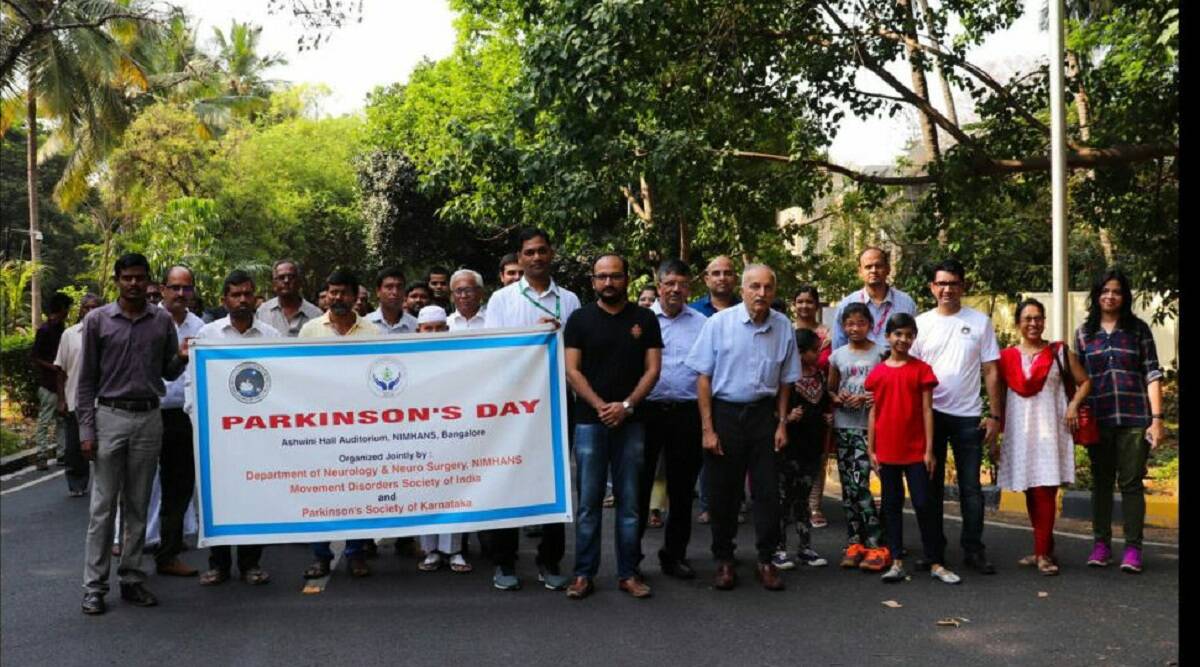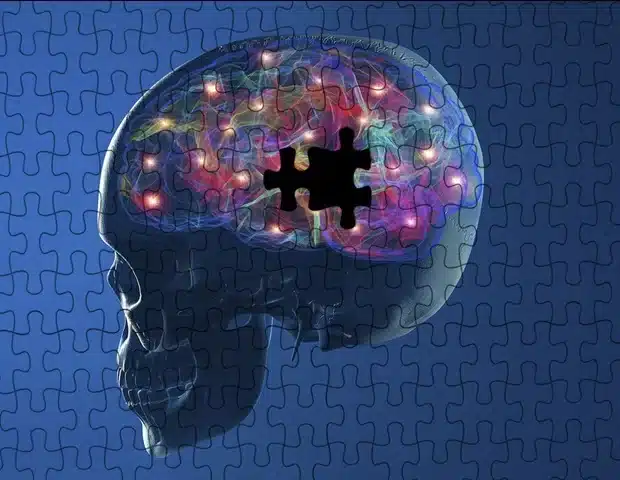Karnataka’s awareness week for movement disorders
From 23 to 26 November, NIMHANS is conducting an awareness program towards movement disorder alongside the multidisciplinary team of specialists.

Image source: Indian express. NIMHANS commencing the movement disorder awareness
Details of the program
“Movement disorders awareness week” is going to take place from November 23 to November 25. This programme is organized by the department of neurology alongside the department of psychiatric social work at the National Institute of Mental Health and Neurosciences (NIMHANS), the Disorders Society of India and the Parkinson’s Disease Society of Karnataka.
The professor from the department of neurology, NIMHANS, Dr Pramod Pal, he believes in spreading awareness about various types of movement disorders, their underlying causes and currently available treatment options. From 23 to 25 November, Dr Pal and his team will be conducting a patient and caregiver education program in the Outpatient Department (OPD) premises of NIMHANS.
He assures us to provide educational videos with interactive talks about movement disorders. As well as printed material about various movement disorders.
On the last day of this awareness programme, 26 November, the general public interaction be held with the multidisciplinary team of the specialist department of neurology, neurosurgery, Psychiatry, Clinical Psychology, Psychiatric Social Work, Physiotherapy, Yoga, Speech Pathology, Audiology, and Dietetics will be available.
Also read: There is no NEAM without ME: National Epilepsy Awareness Month 2022
Purpose and execution
This awareness program is important because after evaluation of 2035 patients they discovered that many patients have the onset of Parkinson’s disease at less than 45 years of age, majorly seen at a young age. Parkinson’s disease was always considered an elderly disease.
The NIMHANS Parkinson’s disease and movement disorders team consists of 4 neurologists and 1 neurosurgeon with cast clinical experience, immense research acumen and the zeal to do their best. The faculty of PDMDS are continually striving towards understanding more about movement disorder with help of multiple clinical and basic science-related research projects.
About the disease
Parkinson’s disease is a brain disorder that causes unintended or uncontrollable movement such as shaking, stiffness and difficulty with balance. The main cause of it is the loss of nerve cells in the part of the brain called the substantia nigra. The initial symptoms may include tremors or rhythmic shaking of limbs, slow movement, speech changes, writing changes, loss of automatic move, rigid muscles and impaired posture and balance etc.
Dr Pramod Pal, Professor, Department of Neurology, NIMHANS, said, “Through this event, we hope to spread awareness about the various types of movement disorders, their underlying causes and current available treatment options. From November 23 till 25, we will be conducting a patient and caregiver education program in the outpatient department (OPD) premises of NIMHANS.”
He added, “Educational videos will be displayed along with interactive talks about movement disorders. In addition, printed materials about various movement disorders will be distributed. On November 26, the general public can interact with the multidisciplinary team of specialists from Neurology, Neurosurgery, Psychiatry, Psychiatric Social Work, Clinical Psychology, Physiotherapy, Yoga, Speech Pathology and Audiology and Dietetics.”
Speaking with asianatimes.com, he said that the term move disorders refer to a group of neurological conditions that cause either increased movements or reduced or slow procedure. “Several well-known diseases, such as Parkinson’s disease, essential tremor and Huntington’s disease, fall under movement disorders. Patients affected by such diseases present with a wide spectrum of clinical features which include slowness, stiffness and difficulty in walking (Parkinsonism), shaking or trembling of hands and legs,” Pal added.
He said, “We have evaluated 2,035 patients at the Neurology OPD and Disorder Clinic at NIMHANS. We have found that many patients have the onset of Parkinson’s disease at less than 45 years of age. This is the onset of the disease at a young age. Parkinson’s disease was always considered to be a disease of the elderly. However, this simple concept of Parkinson’s disease being a geriatric illness has been challenged over the past few decades by several studies that have consistently demonstrated an early onset of the disease.”













